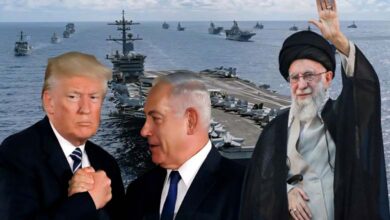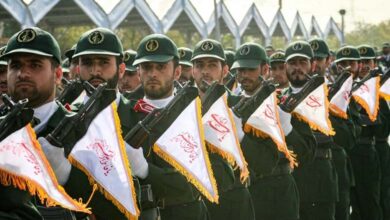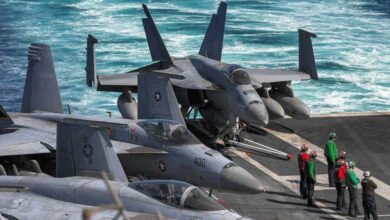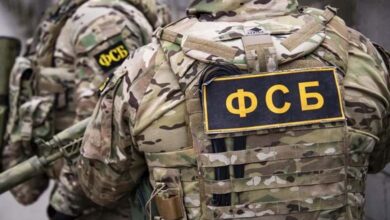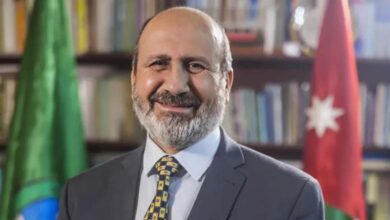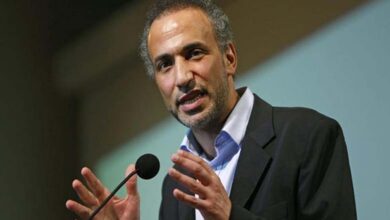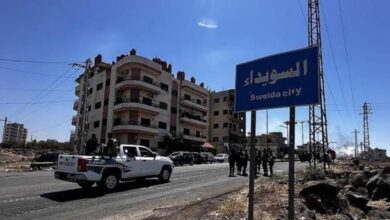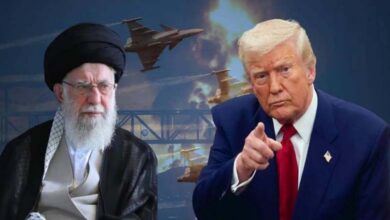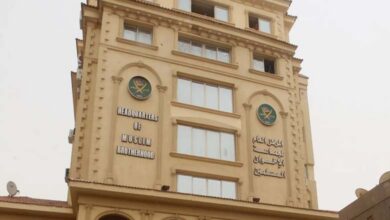Fears of a New Revolutionary Guard: Iraq Divided Over the Popular Mobilization Forces Law
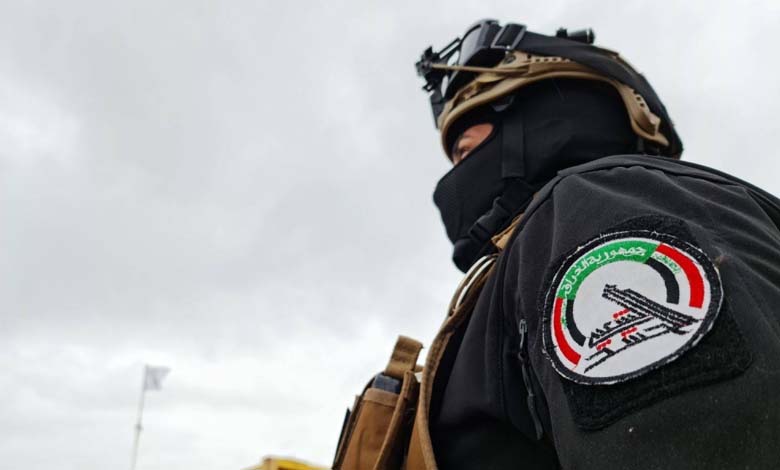
A deep division is dominating Iraq’s political scene over the vote on a draft law concerning the Popular Mobilization Forces (PMF), aiming to transform them into a fully integrated security institution.
While some view it as the completion of the PMF’s integration process, others fear the creation of an “Iraqi Revolutionary Guard” that could threaten national balance and provide Iran-linked factions with a legal cover to expand their political and military influence.
-
Iraq – Al Sudani resolves dispute over the administration of the intelligence service
-
Baghdad Rules Out Forced Disarmament of Militias Amid Security Concerns
The Iraqi Parliament is preparing to vote on this controversial bill, which would turn the PMF from a temporary body under the Prime Minister’s authority into a permanent security institution with its own structure, independent budget, and military academy. The law would also elevate its leader, Faleh al-Fayyad — currently under U.S. sanctions — to the rank of minister and member of the National Security Council.
The move has sparked internal divisions and strong U.S. and Western opposition, as Washington considers it an entrenchment of Iranian influence within Iraq’s security apparatus.
The new law builds on the 2016 legislation that integrated the PMF into Iraq’s official armed forces under the Prime Minister, but without addressing issues of structure, retirement, and benefits.
-
U.S. Moves to Sanction Baghdad Over Iranian Influence
-
Ballot Cards and Partisan Directives: Fears of Electoral Interference by Iraq’s Popular Mobilization Forces (PMF)
Consolidating the PMF’s “legitimacy”
Nizar al-Abadi, a political analyst close to the ruling Shiite bloc, argued that “the new law fills these gaps and grants PMF fighters the same legal standing as other security institutions.” He dismissed U.S. objections as “unjustified interference in a purely internal matter.”
According to Amer al-Fayez, head of the Tasmim alliance, some 135 MPs had already signed a petition for an extraordinary session to pass the bill — including several Sunni lawmakers.
-
Will Iraq’s Plan to Rehabilitate Returnees from Syrian Displacement Camps and Prevent Extremism Succeed?
-
Iran Trains al-Assad Loyalists in Iraqi Camps to Destabilize Syria
The risk of an “Iraqi Revolutionary Guard”
Akram al-Assaf, an MP from the Sunni Siyada alliance, warned that the law would give the PMF a status parallel to the army, with financial autonomy and independent command. He raised concerns that certain factions might develop their own military branches (land, air, naval), risking future clashes with the Iraqi army, as seen in recent incidents around Baghdad.
He stressed: “The law would turn the PMF into an Iraqi Revolutionary Guard, threatening national balance and granting Iran-linked groups a legal cover for their political and military influence.”
Al-Assaf also revealed that the U.S. had warned Iraq of possible economic sanctions on key institutions — including Rafidain Bank and the state oil company SOMO — if the law were passed.
-
U.S. Report: Iran Supplies Long-Range Missiles to Iraqi Factions for the First Time
-
The Fate of Syrian Officers in Iraq Depends on Agreements with Syria
The Kurdish position
Jwan Abdullah Omar, MP from the Kurdistan Democratic Party (KDP), emphasized the need for national consensus before adopting the law. She highlighted Kurdish concerns about armed factions within the PMF, pointing to recent drone attacks on oil and gas sites in Kurdistan allegedly carried out by PMF-affiliated groups.
A law under international pressure
Despite the support of Prime Minister Mohammed Shia al-Sudani, who insists that the PMF is an “official Iraqi military institution,” the U.S. has voiced strong concerns. Washington accuses certain PMF factions — such as Kataib Hezbollah, Asaib Ahl al-Haq, and Harakat Hezbollah al-Nujaba, all designated as terrorist organizations by the U.S. — of continuing attacks against American troops, diplomats, and Iraqi civilians.
-
Tehran Begins Renovation of the “House of Resistance” by Expanding Armament for Iraqi Popular Mobilization Forces
-
Al-Sistani Warns “Al-Itar” in an Angry Message: “Syria’s Events Could Be Repeated in Iraq”
U.S. officials have warned that adopting the law would trigger economic sanctions as part of Washington’s “maximum pressure” campaign against Iran.
Meanwhile, Iraqi Foreign Minister Fouad Hussein cautioned against the “sensitive timing” of the bill, arguing that it could deepen regional tensions and trigger a new economic crisis.


